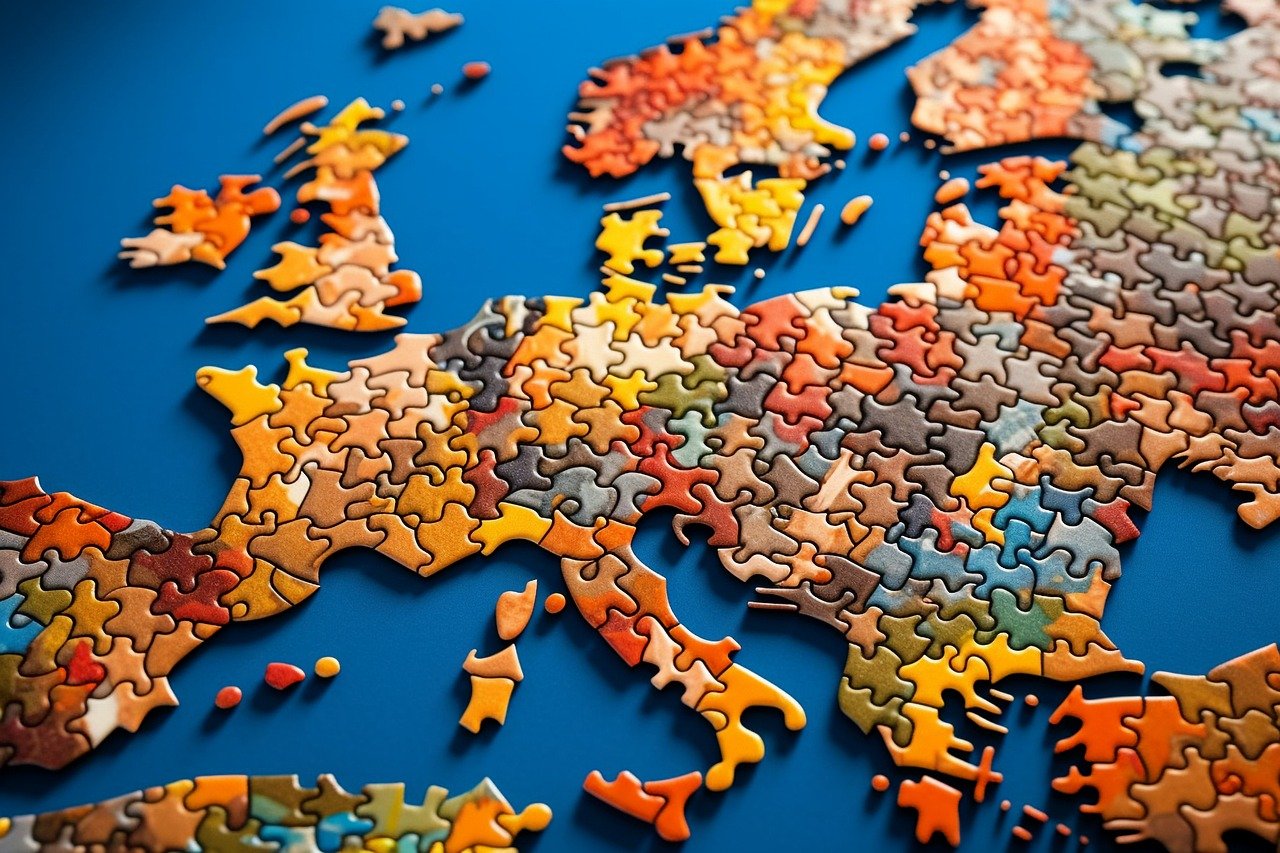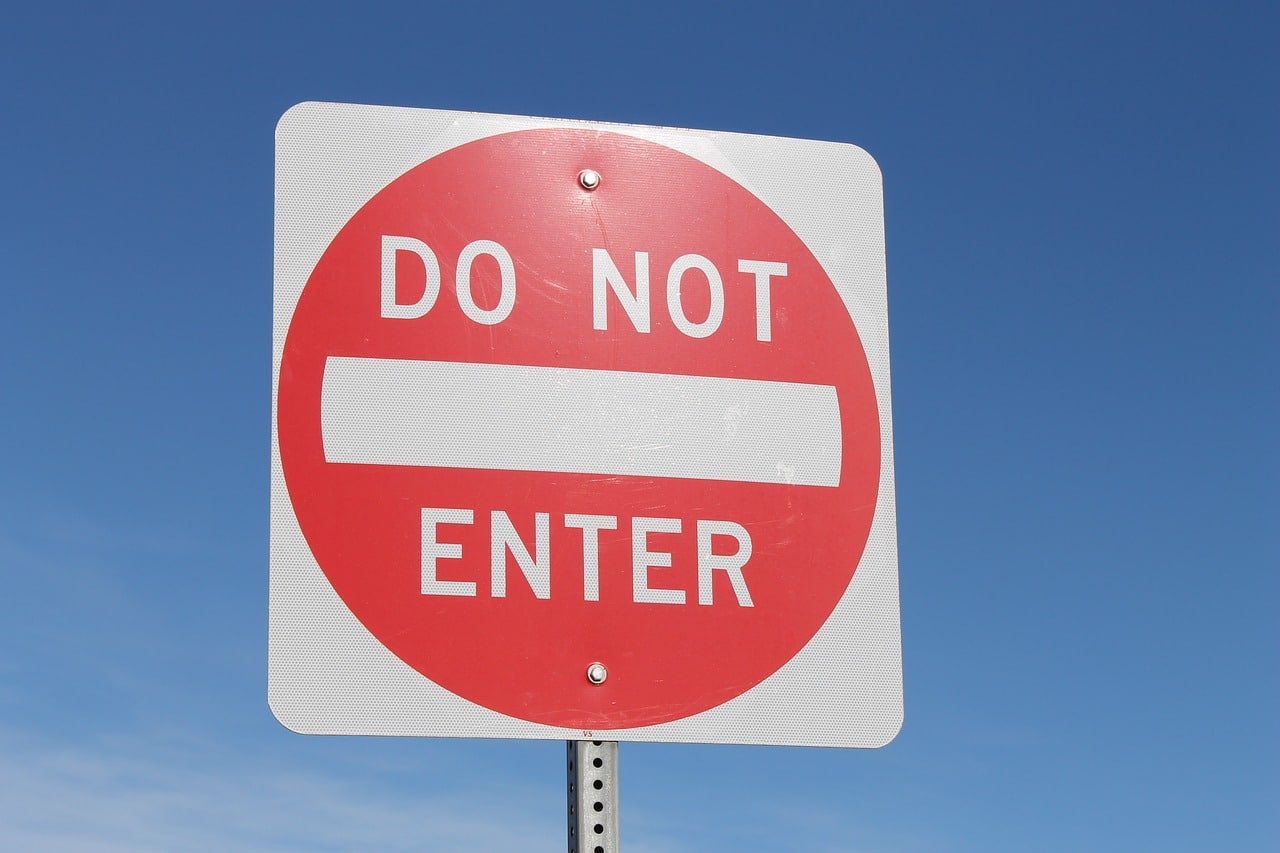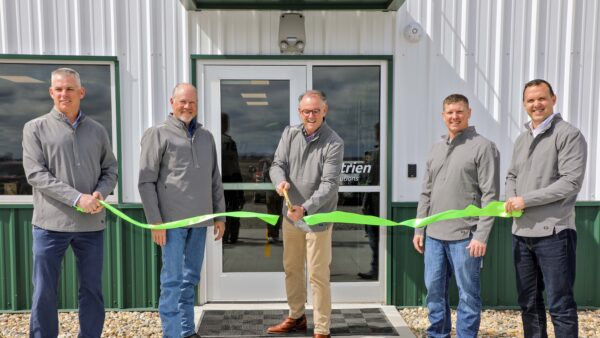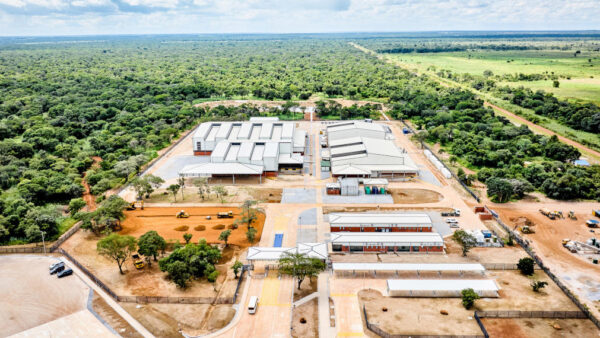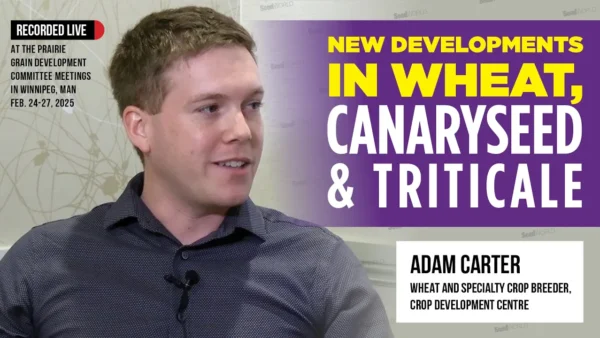With the European Parliament elections ad portas, the European Commission is trying to end, as peacefully as possible, the current mandate and does not want to propose new legislative initiatives included in the Farm to Fork strategy, like the flagship Framework law for Sustainable Food Systems.
In this context, President Ursula von der Leyen announced the start of a strategic dialogue on the future of agriculture in January 2024 as a way to push the brake until a new Parliament, with a new composition and a different balance of power according to the early polls, and a new Commission with a new cabinet and new priorities, are in place.
And what do we know so far about the priorities for the next mandate? What impact will these have on the plant breeding and seed sector? How will the political landscape look like at the end of 2024?

At this point in time, it is extremely difficult to say. According to the current projections, it looks like there will be a higher representation (both in the Council and in the Parliament) of conservatives and far-right parties at the expenses of the liberals and the greens. In practice, this suggests to me that the national debates will become more relevant at European level, making it more and more difficult to reach qualified majorities.
About the concrete topics, enlargement, migration, geopolitical strategy, economic security… all these are considered as priorities by both the Council and the Commission, but the overall concept seems to be the so-called “Open Strategic Autonomy” (OSA).
According to the Council, “(…) The Open Strategic Autonomy is the reference framework chosen by the European Union (EU) to address the profound technological and geopolitical transformations taking place in the world (…)”. The concept is not new, and apparently, it comes from the field of security and defence. Depending on your area of work, OSA is very broad and can be interpreted in many ways, but generally, it refers to the preference of the EU to act alone as a global player and to work with others depending on values, capabilities, or interests.
Capabilities and interests are normally easier to quantify or assess, and therefore, can be a useful tool in our relations with other countries. But values are not always easy to judge and therefore, exposed to subjectivity. What would OSA mean in relation to multilateralism and, for instance, the World Trade Organisation? Assuming that we want to trade with like-minded countries, would that be an opportunity to revive the Transatlantic Trade and Investment Partnership? What about Mercosur?
Bringing it down to food and agriculture, and based on history and current political debates, I can’t help picturing many decision-makers interpreting OSA as food sovereignty. And that does not sound so good to me. From my point of view, food sovereignty is a nicer word for protectionism and artificial barriers to trade (based on values?) which finally, will make the entire EU agri-food chain less competitive and more dependent on higher public support (be it more CAP funds or green public procurement). This cannot be the way forward.
Let’s not forget that the EU remains the largest agri-food trading block worldwide, and concretely for seeds, the EU is the largest exporter of seeds and is the leading region for some breeding market segments, like vegetables or fodder crops. These achievements are hardly compatible with closing borders, but rather the result of openness to trade and fair competition in the market, on the basis of clear, well-established, science-based agreed international rules.
There is a fine line to walk between being more strategic in the way we defend our interests (something that everybody would agree with) and becoming more protectionist when things do not go the way we want.
In any case, for a sector based on research and innovation, such as plant breeding, timely access to the latest technologies is a key factor. Probably something the EU should try to boost and to improve (and we have ample room for improvement) during the next mandate. That would be very strategic to do.


